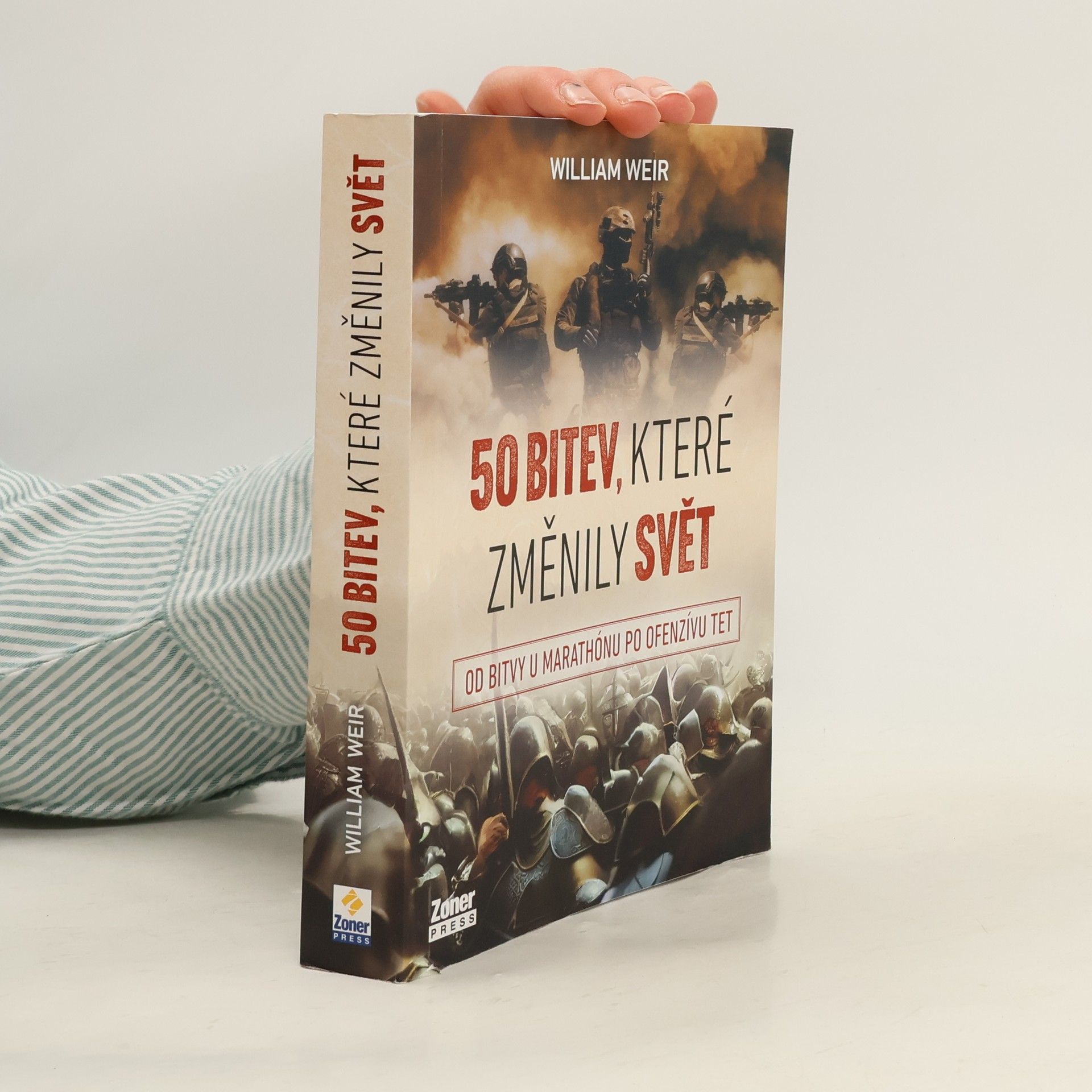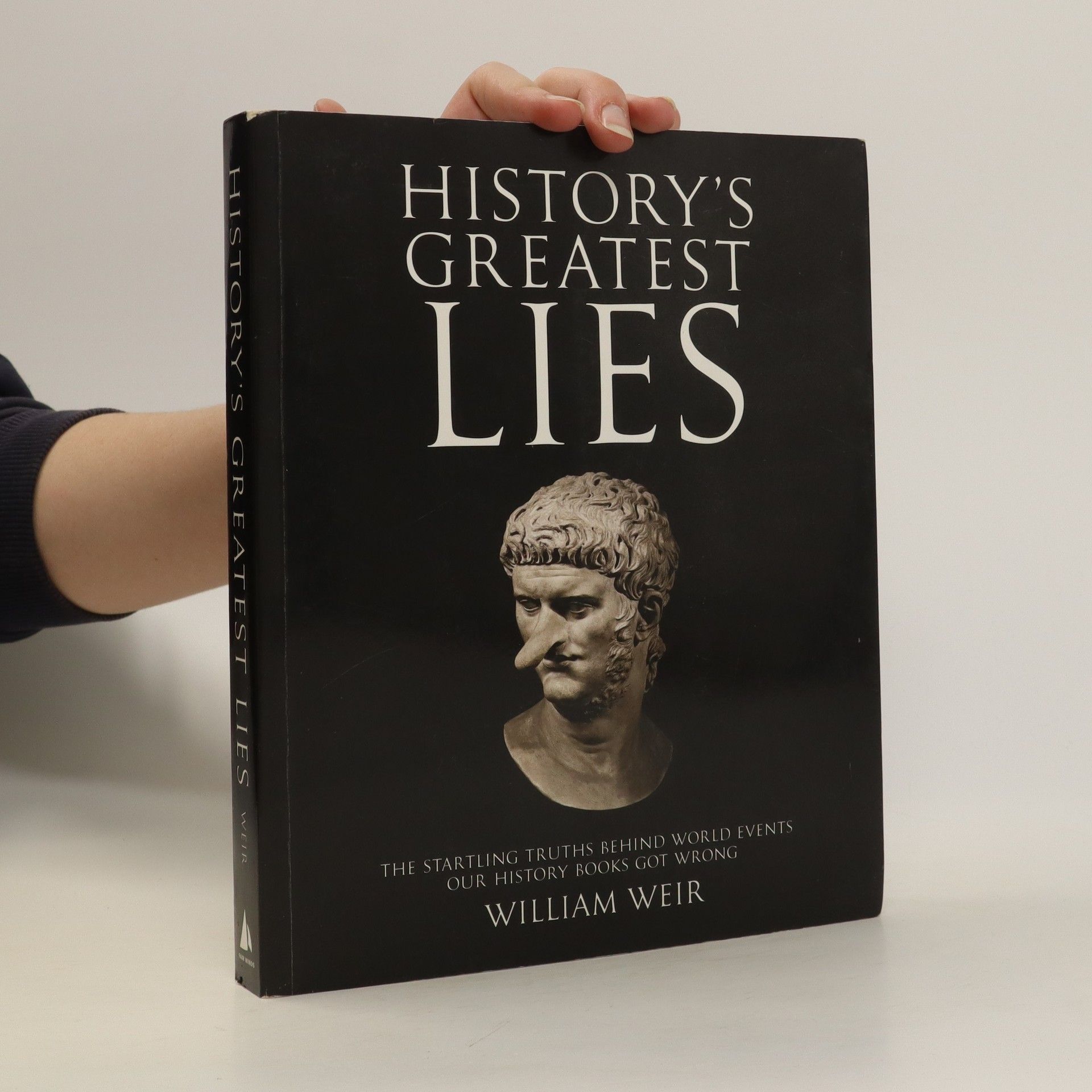History's Greatest Lies
- 288 pages
- 11 hours of reading
The true stories behind historical events give readers a fascinating new look at our past. The revelations shock and amaze by exposing veiled motivations and convenient inaccuracies in well-documented actions by established leaders that often have a continuing effect on the world.Each of the fifteen chapters points out a myth that is held as a common truth in history and summarizes what we think we know. Then the author shreds the tale to academic ribbons using the latest findings on each subject. Each true story sets the record straight, reveals timeless ulterior motives, introduces important personalities who successfully (and suspiciously) avoided responsibility in common history texts, and notes underlining issues that have continued relevance in the modern age. For instance, did Nero really fiddle as Rome burned? Did Paul Revere actually alert the militia that the British were coming? Did the Catholic Church imprison Galileo because his teachings conflicted with the Bible? Weir takes on all these myths and tells the reader what really happened.




